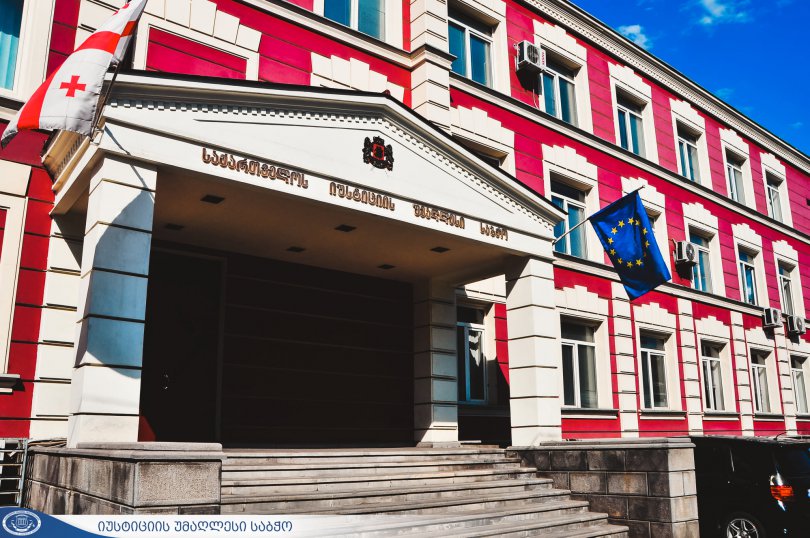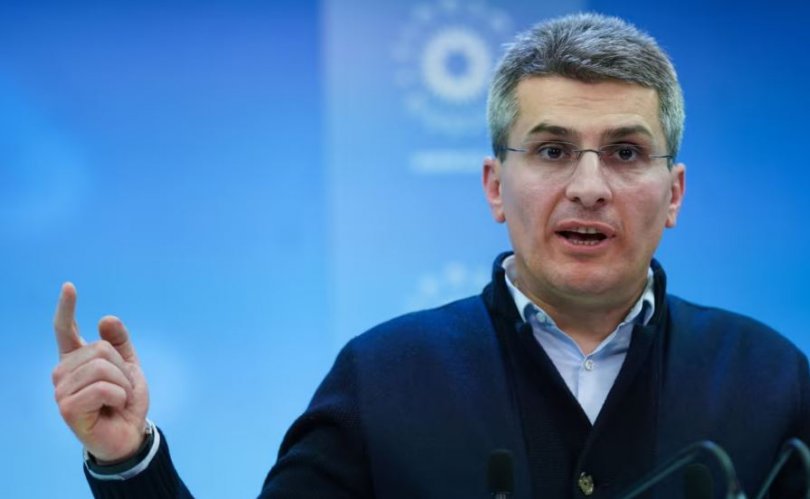
The re-appointment of controversial judge Mikheil Chinchaladze to the office of Tbilisi Appeals Court chair has triggered discussion in Georgia on whether the Georgian Government has any intent to comply with the European Commission’s 12 conditions in order to receive the membership candidate status.
Mr Chinchaladze is widely regarded as leader and fixer for what is often described as an “influential clan of judges” through which oligarch Bidzina Ivanishvili exercises his control of the judiciary.
The Coalition for Independent and Transparent Judiciary, group of reputable CSOs campaigning for judicial independence said Chinchaladze’s re-appointment was “further deepens the problem of internal influences and clan-based governance in the judiciary. It undermines public trust towards judicial independence and damages the crucial process of Georgia's European integration.”
In its negative opinion on Georgia’s EU application, the European Commission pointed "fully and truly independent, accountable and impartial" as a key condition that has to be met for granting Georgia candidacy status.
“In these circumstances, it is particularly unfortunate and alarming that instead of implementing the European Commission’s recommendations, the authorities, including the judiciary, direct their efforts towards strengthening the power of the existing group of influential judges,” the coalition statement reads.
Politicization of the judicial system has been in turn a matter of fierce criticism both from the Georgian civil society as well as Georgia’s international partners and the European Union in particular.
Most recently, jailing of opposition Mtavari TV’s CEO Nika Gvaramia has widely been regarded as proof that the politization of courts has gone even further.
The Gvaramia ruling “The disturbing pattern of selective investigations and prosecutions targeting those in opposition to the current government undermines the public’s confidence in the police, prosecution, the courts, and the government itself,” The US Embassy in Tbilisi said in a statement.
“The sentencing of Nika Gvaramia is a blatant act of politically motivated prosecution in retaliation of his dissenting views and criticism of the authorities. He now faces years behind bars as the government ramps up efforts to silence dissenting voices. Nika Gvaramia must be immediately released.”
“Amnesty International is deeply concerned by the political motivation behind this case, which was designed to stifle freedom of expression. The organisation is concerned that the criminal threshold was not met, as has been confirmed by Transparency International and the Georgian Ombudsperson who monitored the trial,” Amnesty International statement
Despite harshly-worded multiple calls from both the US and the EU and the April 19 Agreement mediated by the European Council’s President Charles Michel, Georgian Dream pushed ahead with appointment of the Supreme Court justices through a process that was widely regarded as politicized and untransparent.




